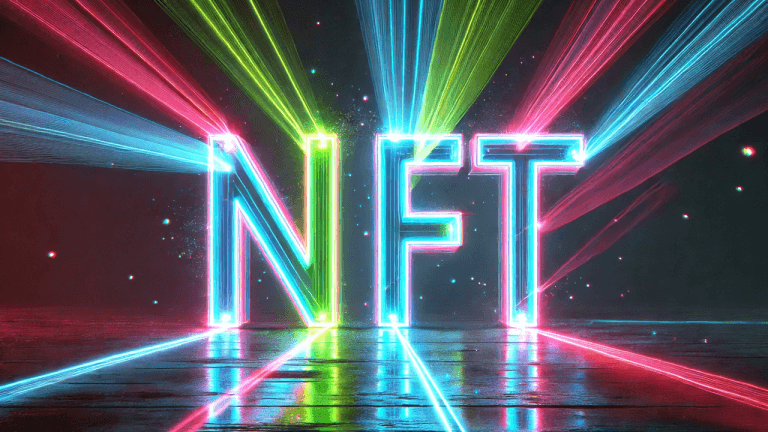
The American Bankers Association (ABA), an organization that represents banks custodying $ 18 trillion in deposits and processing $ 11 trillion in loans, believes that issuing a central bank digital currency (CBDC) in the U.S. is “unnecessary” and would introduce “unacceptable risks” to the financial system, given that the dollar “is already digital.”
ABA Opposes Idea of U.S. CBDC
The American Bankers Association (ABA) has criticized the proposal of issuing a central bank digital currency (CBDC) in the U.S., stating that it would introduce disturbances to the banking system. In a prepared statement directed to the U.S. House Financial Services Committee, the ABA emphasized that introducing a digital dollar would be “unnecessary” and presents “unacceptable risks and costs to the financial system.”
For the ABA, the U.S. dollar is already digital, and is supported by a wide array of payment systems, including debit and credit cards, Zelle, ACH, wire, RTP, Paypal, Venmo, Cashapp, and other fintech apps that facilitate the movement of dollars inside and outside the U.S.
Even on the institutional side, the ABA explains that Fednow, the financial institution-focused payment system, allows wholesale transactions 24 hours a day without needing a new tool. However, the association states that banks are researching the implementation of distributed ledger tools for payments, but without the need or involvement of a CBDC.
The ABA comments that a CBDC would debilitate the role that banks serve in the U.S. financial system, constituting an “advantaged competitor to retail bank deposits,” as these would migrate to the Federal Reserve, limiting or eliminating the ability for banks to issue credit.
Wholesale CBDC
Nonetheless, the ABA accepts that another kind of CBDC, not directed to be used by the general public, might warrant further evaluation. Wholesale CBDCs, which would be used just for transacting between financial institutions and the Federal Reserve, could be used by the financial system in various ways.
A pilot for this use case, in which payments between financial institutions were settled using a wholesale CBDC, was carried out by the New York Federal Reserve Innovation Center with the involvement of BNY Mellon, Citi, HSBC, Mastercard, PNC Bank, TD Bank, Truist, U.S. Bank, and Wells Fargo. A results report issued in July revealed that the wholesale CBDC system “could operate successfully as a payment system on a new technology platform.”
What do you think about the position of the American Bankers Association on issuing a digital dollar? Tell us in the comments section below.
Bitcoin News








Leave a Reply
You must be logged in to post a comment.